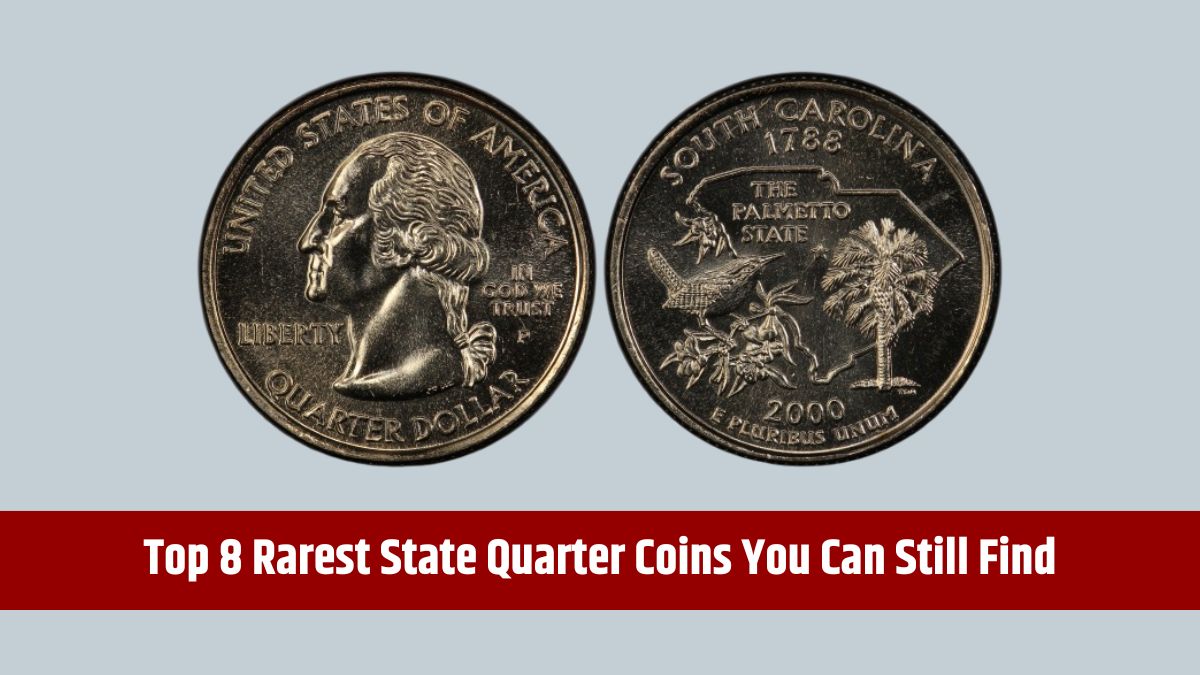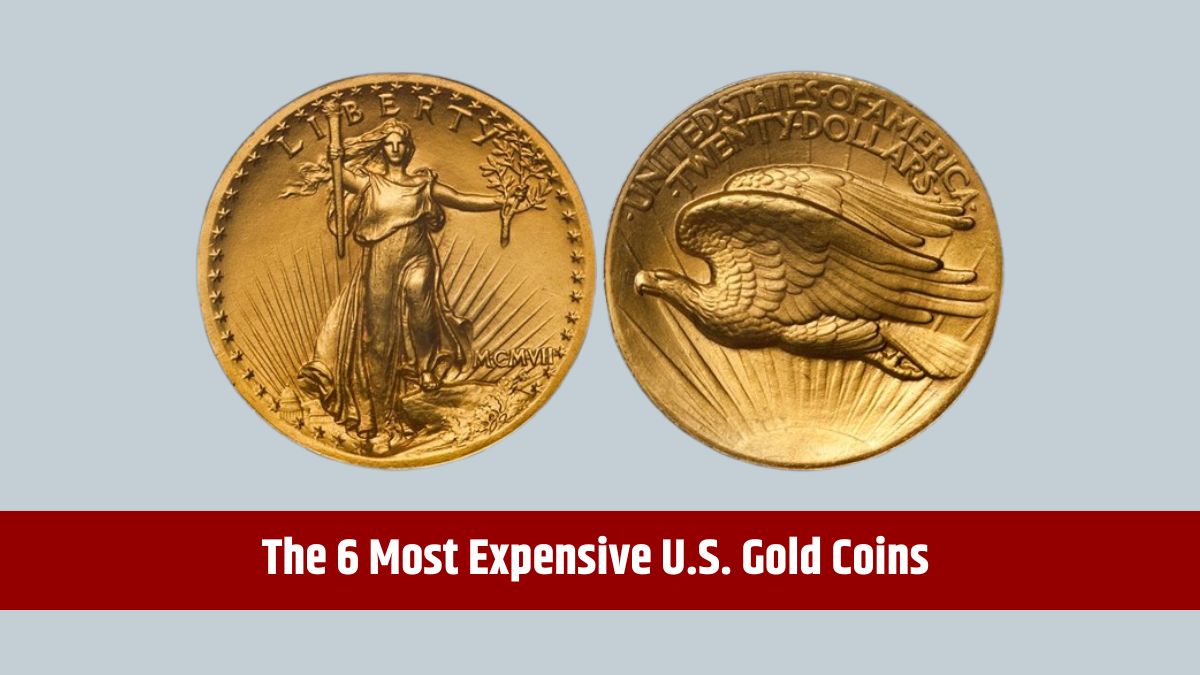Many Americans reaching age 62 in 2025 are hoping to start collecting Social Security benefits. However, not everyone who reaches the minimum age for Social Security benefits will qualify for payments. Qualification requirements revolve around work history and the number of Social Security credits earned.
For those eager to know eligibility, here’s a closer look at the requirements and steps to verify qualification.
Eligibility
To be eligible for Social Security retirement benefits at age 62, Americans must have accumulated at least 40 work credits, equivalent to about 10 years of work. Without this minimum, even those of eligible age will not qualify.
Work Credits
The Social Security Administration (SSA) awards up to four credits each year based on earnings. For example, in 2024, earning at least $1,730 qualifies you for one work credit. This amount changes yearly, adjusted for inflation and other economic factors.
If you have worked in roles that do not pay into Social Security, like certain government jobs, you may not qualify for retirement benefits. However, some individuals may qualify for a pension through other means if their job was outside Social Security’s coverage.
Checking
To determine eligibility and track Social Security credits, workers can use the “my Social Security” account online. Here, you can access a Statement detailing your earnings history, credits, and estimated benefits.
Accessing
- Create a “my Social Security” account on the SSA’s official website.
- Download your Social Security Statement to view credits, estimated benefits, and more.
- know your options: The statement will outline potential benefit amounts if you retire early (at 62), at full retirement age, or later.
The statement also shows if family members might receive benefits on your record, which can help in planning for survivors’ benefits or benefits for dependents.
Early Filing at 62
Claiming Social Security benefits at age 62 means accepting a reduction of around 30% compared to benefits received at full retirement age. This reduced amount is lifelong, so it’s essential to weigh the pros and cons.
For example, here’s a quick look at the approximate reduction:
| Age When Filing | Benefit Reduction |
|---|---|
| 62 | 30% |
| 63 | 25% |
| 64 | 20% |
| 65 | 13% |
| 66 | 7% |
| 67 | Full benefit |
Delaying benefits past full retirement age increases monthly payments due to “delayed retirement credits.”
Non-Qualifying Factors
If you haven’t worked enough years or haven’t contributed enough to Social Security, you may not qualify for benefits. Additionally, those who only held jobs that did not require Social Security contributions won’t meet the requirements.
However, other forms of retirement income, such as pensions, may still be available if your job was outside Social Security’s coverage.
Maximizing Benefits
To maximize Social Security benefits:
- Check your credit status regularly through your online account.
- Consider delaying retirement to increase monthly payouts.
- Ensure tax contributions in covered employment roles.
Takeaways
Not all 62-year-olds in 2025 will qualify for Social Security retirement benefits, primarily due to a lack of work credits. The easiest way to determine eligibility is through the SSA’s “my Social Security” portal, which offers personalized information on work credits and projected benefits. Planning your retirement based on full eligibility can help maximize your income in your retirement years.
FAQs
Who qualifies for Social Security at 62?
Individuals with at least 40 work credits qualify.
How much do benefits reduce at age 62?
Benefits reduce by around 30% at age 62.
How can I check my work credits?
Use your online my Social Security account to view credits.
What if I didn’t pay Social Security taxes?
You may not qualify unless you have enough credits.
How can I increase my benefits?
Delay filing beyond age 62 to increase monthly payments.






